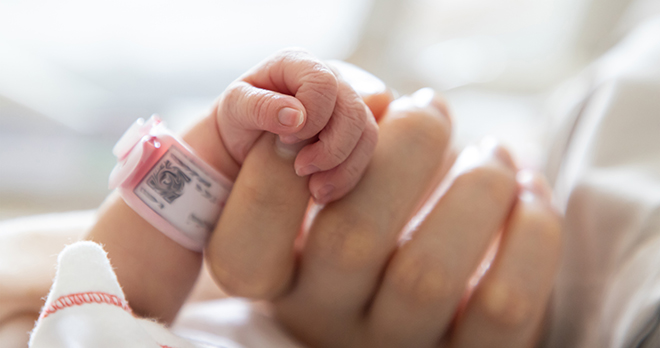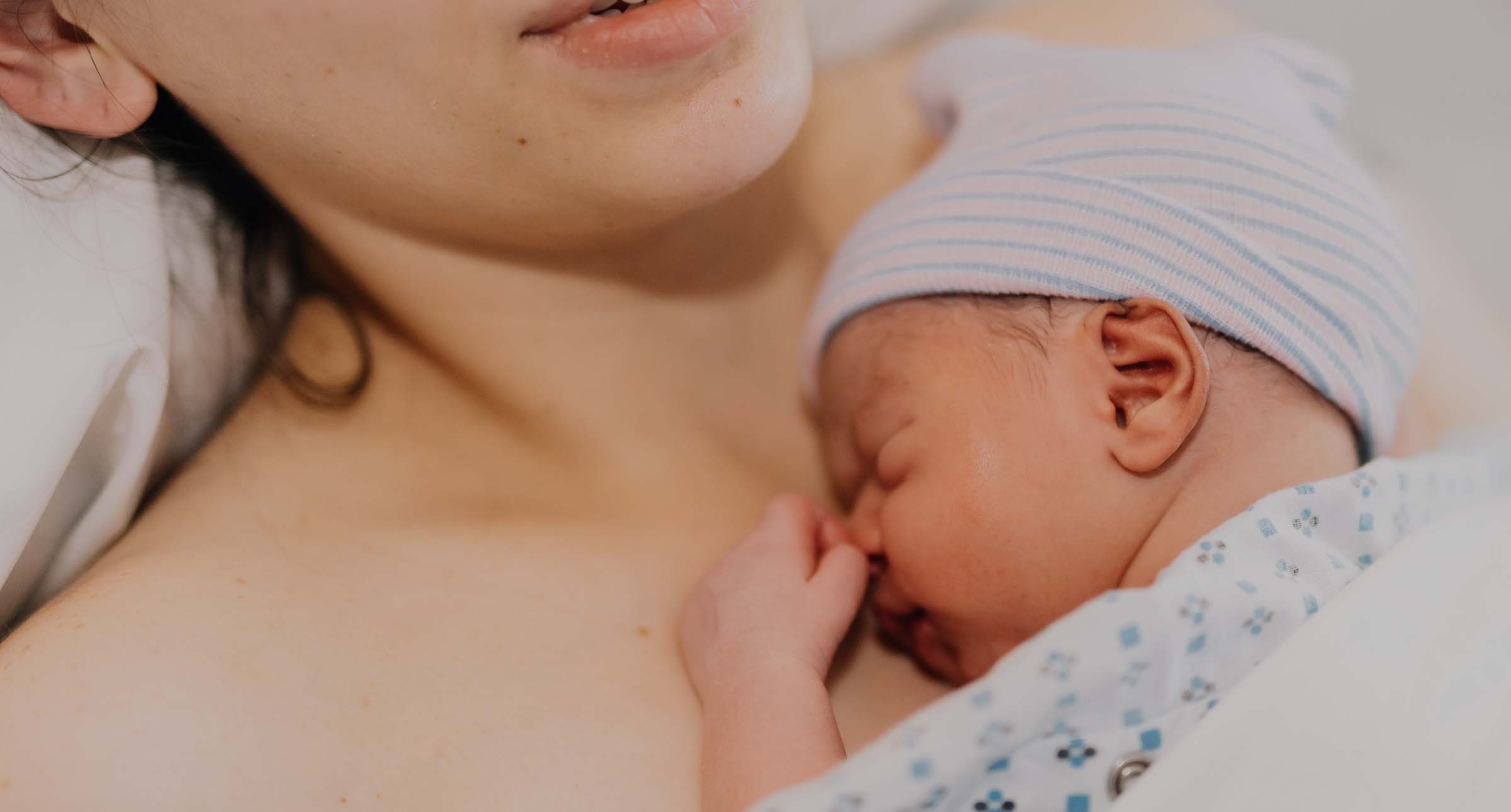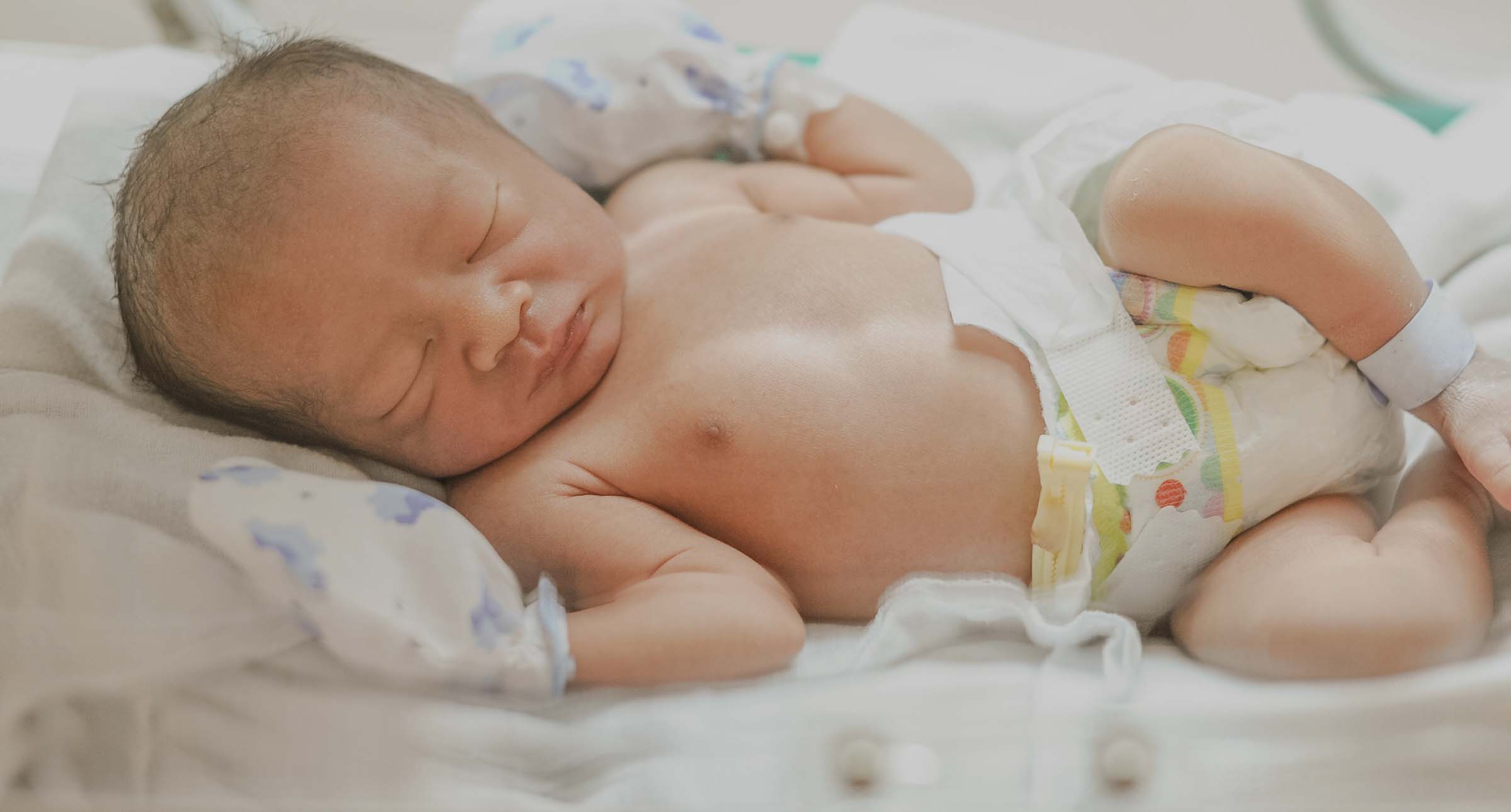Is maternity care improving in the wake of repeated scandals?

Over the last 15 years there have been many maternity investigations, scandals and inquiries highlighting that mothers and babies have been injured due to poor care. The fourth Ockenden maternity review is underway in Nottingham as well as a criminal investigation. I am sure when the report is available it will be a difficult read, like the others.
We continue to act for clients who have been impacted by these maternity scandals and it is heartbreaking to see firsthand the damage and trauma that poor maternity care causes. It is hard not to feel disheartened by the slow progress being made around birth injury and birth trauma.
The Birth Trauma Inquiry report – what did it identify?
When the Birth Trauma Inquiry report was published in May 2024, I felt optimistic that this could be the defining moment in the call for a maternity services overhaul. The aim of this report, the first of its kind, was to break the taboo and share the stories and experiences of mothers and fathers publicly and to start a public discussion on the realities of giving birth and how we can practically improve maternity services.
The 12 recommendations made by the report contained lots to be excited about – to address the staffing crisis, provide specialist maternal mental health services, roll out and implement the OASI (obstetric and anal sphincter injury) care bundle, ensure better education for women on birth choices, tackle inequalities in maternity care among ethnic minorities and to extend the time limit for medical negligence litigation relating to childbirth to name a few.
Ultimately the report calls for a cohesive national strategy on maternity care and an emphasis on trauma informed care. The report has without doubt marked progress with people and policymakers understanding birth trauma and that awareness is critical in bringing about meaningful change
What we see in maternity care
Our specialist maternal injury team work with mothers who have experienced birth trauma, to investigate the treatment they received and get answers about what happened and why.
Many times, we represent mothers who primary driver for pursuing a negligence claim is not compensation for their life-changing injuries but to seek answers, compassionate recognition for poor care, or assurance that changes will be made so that what happened to them won’t happen to anyone else.
Sadly, we often experience a drawn out and difficult legal process where NHS Trusts do not uphold their duty for candour or recognise the issues as a key matter for ongoing patient safety. We support our clients through that difficult process and fight for the recognition that so often compounds birth trauma. We are passionate about working closely with key professional organisations and charities to drive the changed needed in maternity services.
As a lawyer, I often hear that the cost of litigation is negatively impacting the NHS and that the amount paid out in compensation should be drastically reduced. We are passionate about access to justice for injured patients and think that the cost of litigation can only be driven down when the quality of maternity care improves.
We see firsthand the human cost of negligent medical treatment, where mothers are left with life changing injuries, unable to leave the house due to significant incontinence or return to their job. We can see the personal cost poor maternity care is having on mothers and until that is addressed the costs of bringing litigation cannot be reduced.
One of our client’s, Joanne Flaherty who contributed her own birth experience to the Birth Trauma Inquiry report told us:
“The lack of implementation of measures empowering women with ‘the right to be heard’ and reclaim the ‘control over our own bodies’ due to lack of information is disappointing. There were poignant points raised in the report, around the use of language, women being heard, and lack of informed choices, during maternity care. Having experienced life changing injuries through birth trauma, the only access to explanations, support and the medical care, came to me by bringing a medical negligence, case and the amazing ongoing to this day support of my solicitor.”
What progress has the new Government made with changes needed for maternity care?
The Conservative government immediately accepted many of the recommendations in the report and this was mirrored in Labour’s manifesto. Currently, its not clear how Labour plan to take forward these recommendations.
The recent independent review of the NHS by Lord Ara Darzi highlighted again that the maternity care system is in crisis and was said to be an ‘important area of concern.’
The Government are in the process of developing their 10 Year Health Plan for the NHS and there is ongoing consultation that is open to the public seeking ideas for change. We will be hoping that the recommendations set out in the Birth Trauma Inquiry report will form an integral part of the plan for the overhaul of maternity services. The solid groundwork from the Ockenden reviews and the Birth Trauma Inquiry report has paved the way for real change if the Government are willing to commit time and money to what is in no doubt a very big job. As it stands, women are continuing to be let down by the current lack of action and this needs to change.
We have spoken with Chloe Oliver, CEO of MASIC, the only UK charity to support women who have suffered severe injuries during childbirth known as OASI (Obstetric Anal Sphincter Injuries) and one of the key contributors to the Birth Trauma Inquiry report on the progress made since publication of the report.
“It is frustrating that the new government hasn’t referred to the 2024 Birth Trauma report recommendations in it’s manifesto or recent budget. We would like to see a written response from Wes Streeting to the report recommendations. There is still no clear indication of whether a National Maternity Strategy will be implemented, and no government commitment to the employment of a Maternity Commissioner – so there remains a gap in ministerial responsibility for maternity. MASIC is working alongside the remaining members of the previous parliament’s Birth Trauma APPG to reinvigorate this group and bring in more newly-elected members of parliament. We also continue to lobby for wide-scale roll-out of the RCOG OASI Care Bundle, as recommended in the report. There are some exciting projects in the pipeline for 2025, and we are reassured that Theo Clarke and Rosie Duffield are still actively working both inside and outside parliament to ensure that the Birth Trauma campaign remains on the agenda.”
If you have suffered from a maternal injury or birth trauma, it can be difficult to know where to turn for support. Please see our guide setting out what support is available to you after a maternal birth injury.
If you have suffered an injury during childbirth and think you might have a claim for compensation, we can help.
Call now

Here to ensure that lessons are learned.
When harm is caused, either to yourself or a loved one, you want to know how it happened and to ensure it doesn’t happen to others.
Whether you’ve sustained an injury as a result of medical negligence, been involved in a life changing accident, or suffered the death of someone close to you, our legal experts understand how important it is to seek answers about what happened. We aim to share these stories.









